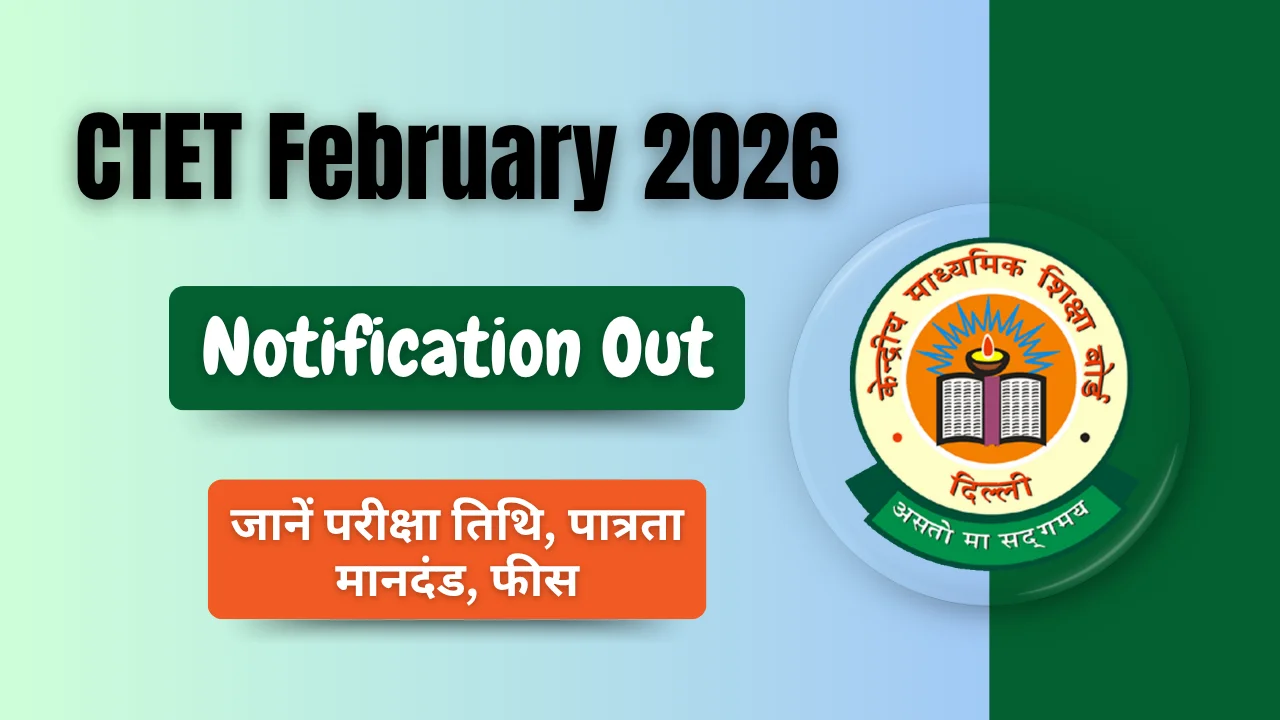In this last chapter NCERT Solutions for Class 10 Science Chapter 16 Sustainable Management of Natural Resources – we study about our resources like forests, wildlife, water, coal and petroleum and how we are using them. We need to be used in a sustainable manner. How we can manage these thing to avoid pressure on the environment like ‘Refuse, Reduce, Reuse, Repurpose and Recycle’ in our lives.
ALSO CHECK – NCERT Solutions for Class 9 Maths
Students who are preparing for their Class 10 exams and searching for chapter-wise NCERT Solution for Class 10 Science must go through NCERT Solutions for Class 10 Science Chapter 16 Sustainable Management of Natural Resources. Checkout previous chapter – NCERT Solutions for Class 10 Science Chapter 15 Our Environment
NCERT Solutions for Class 10 Science Chapter 16 Intext Questions
Page No.- 271
Question 1
What changes can you make in your habits to become more environment friendly ?
Answer:
(i) Segregate waste into recyclable and non-recyclable parts.
(ii) Turning off any electrical appliance (such as TV’s, water heaters, lights, fans, and air conditioners) when they are not in use.
(iii) Use energy efficient electrical appliances.
(iv) Walk for nearby shops instead of using vehicles.
(v) Reuse paper, plastic and glass bottles.
(vi) Avoiding the wastage of water by fixing any leaking taps or pipes as soon as possible. Also, the amount of water consumed must be controlled. For example, the tap should not be left running while brushing teeth.
Question 2
What would be the advantages of exploiting resources with short term aims?
Answer:
The exploitation of resources pertaining to short term goals corresponds to utilization of resources to meet the immediate and the current basic needs. This may not necessarily take into consideration the resources that would be available to the future generations.
Advantages of exploiting resources with short term goals –
1. Rapid industrial growth
2. Addressing and fulfilling the immediate requirement of the population
3. Compared to the long term goals, gains are way higher
4. Agricultural development on the rise
Question 3
How would these advantages differ from the advantages of using a long term perspective in managing our resources ?
Answer:
The long-term model of resource consumption enables the conservation of the resources for them to be used by future generations. This will enable the economy to grow over a longer timeframe. It also provides more time for technology to advance and discover new, sustainable energy sources (such as nuclear fusion and fuel cells). All in all, the long-term perspective in managing of resources has significantly greater advantages when compared to the short-term perspective.
Question 4
Why do you think there should be equitable distribution of resources ? What forces would be working against an equitable distribution of our resources ?
Answer:
There should be equitable distribution of resources so that all, rich, powerful and poor people get benefit from the development of these resources. Rich, greedy and powerful people could work against an equitable distribution of our resources.
- The regional distribution of resources (such as soil and minerals).
- Corruption and greed of some humans
- Uneven distribution of resources between the rich and the poor.
Page No.- 275
Question 1
Why should we conserve forest and wild life ?
Answer:
We should conserve forest and wildlife because of the following reasons.
- They help in maintaining the ecological balance at a place.
- They provide us with useful things like rubber, wood, dyes, gum, resin, oil, fibres, medicines, catachu, wax, honey, fruits, seeds, leaves of bidi etc.
- They purify the air, control flood and prevent soil erosion and maintain its fertility.
- Forests conserve biodiversity and hereditary resources. Ecological stability gets imbalanced due to damage in diversity.
Question 2
Suggest some approaches towards the conservation of forests.
Answer:
Some methods for forest conservation are as follow :
- Only except some trees, there should be ban on cutting of forest. Forests stop soil erosion.
- Forests should be saved from fires. Many forests get destroyed due to fires.
- Forests should be saved from pests and insects. Pesticides, insecticides should be sprayed in forests.
- Overgrazing should be prohibited.
- National rules and laws should be strictly enforced.
Page No.- 278
Question 1
Find out about the traditional systems of water harvesting management in your region.
Answer:
Many of us live in cities, the primary sources of water include groundwater and lakes. The rainwater harvesting system are are very useful method to store the rainwater and use it whenever we need it. Another great way is Groundwater is harvested with the help of borewells whereas pipes harvest water directly from the lakes.
Question 2
Compare the above systems with the probable systems in hilly/mountainous areas or plains or plateau regions.
Answer:
Drinking water system in hilly areas :
- Kuhls were a traditional irrigation system in hilly areas such as Himachal Pradesh. In this system, the water flowing through falls, comes to villages located at lower regions through small human made drains.
- In hilly regions, rainwater is often collected and channelled with the help of a stream. The stream is diverted to different areas with the help of canals for the purpose of irrigation. In mountainous regions, water is commonly obtained from the rivers that flow from the glaciers.
Drinking water system in plains :
- In the plains, water is obtained from many natural sources such as lakes and rivers. Groundwater is also harvested with the help of borewells for irrigation and human consumption.
- Jhalaras were made in Rajasthan and Gujarat, essentially meant for community use and for religious rites.
Drinking water system in plateau regions :
- Bandharas are check dams or diversion which were build across rivers. Such a traditional system was found in Maharashtra.
- In some regions, small pits were dug to collect water.
Question 3
Find out the source of water in your regions/locality. Is water from this source available to all people living in that area ?
Answer:
The main source of water in our region (Delhi) is river Yamuna, upper Ganga canal, Bhakra storage and ground water. Water after being treated is supplied to the residents through a system of water pipes.
The water is available to all the people living in the area.
(Note : Students should write about the locality (region around them.)
NCERT Solutions for Class 10 Science Chapter 16 Exercises Questions
Page No.- 280
Question 1
What changes would you suggest in your home in order to be environment friendly?
Answer:
We would suggest following changes in our home to make it environment friendly.
- Separate wastes into recyclable and non-recyclable.
- Use electricity judiciously.
- Follow three R’s (Reduce, Recycle and Reuse).
- Eat as much as you require but do not waste food.
- Use water judiciously.
- Reuse newspapers and use less plastic.
- Have more windows in the house for natural light.
- T.V., fans, lights etc should be turned off while going outside the room. Less use of heaters. Try wearing sweaters instead.
- Public transport should be used instead of private vehicles.
Question 2
Can you suggest some changes in your school which would make it environment friendly ?
Answer:
Following changes can be made in schools to make it environment friendly.
- Plant enough trees in the school.
- Leaking taps should be repaired so that water is not wasted.
- Promoting the use of transport methods such as bicycles and school buses.
- Teachers can educate students about environmental conservation.
- There should be more windows in school for natural light.
- Setting up waste segregation bins for biodegradable waste and non-biodegradable waste throughout the school.
- Students and teachers must make sure all the lights and fans are switched off when the classes end for the day.
Question 3
We saw in this chapter that thue are four main stakeholders when it comes to forests and wild life. Which among these should have the authority to decide the management of forest produce ? Why do you think so ?
Answer:
The people living in and around the forests and the forest department of The Government could be given the authority to manage the forests because the forest department of the Government has sufficient power and resources that can manage the forest resources well. The people living in and around forests know about the forest products and use them only according to their needs. In addition to this, they would not damage the forests and use forests sustainably.
Question 4
How can you as an individual contribute or make a difference to the management of (a) forests and wild life (b) water resources and (c) and petroleum ?
Answer:
(a) As an individual we can contribute the following to conserve forest and wildlife.
- Trees should not be cut. If trees needed to be cut, then new trees should be planted in their place.
- Organizing and participating in rallies that protest against deforestation and wildlife poaching.
- Organizing and participating in group activities that involve the planting of new trees in forest areas.
(b) As an individual we can contribute the following in the management of water resources.
- Tap should be closed when water is not in use while brushing, shaving, washing hands.
- Protect water sources from getting polluted.
- Spreading awareness about the importance of water management by participating in rallies/ activities.
(c) As an individual we can contribute the following in the management of coal and petroleum.
- Public transport should be used instead of private vehicle. It saves petrol.
- Using energy-efficient light sources such as CFLs and LEDs instead of ordinary bulbs.
- Using solar water heaters instead of electric heaters for heating water.
Question 5
What can you as an individual do to reduce your consumption of the various natural resources ?
Answer:
We can do the following as an individual to reduce our consumption of the various natural resources.
- Follow the principle of three R’s i.e., Reduce, Recycle and Reuse.
- Use of fuel-efficient transport options such as carpooling, bicycles, and public transport.
- Food should be taken as per requirement.
- Use of recycled products such as recycled paper and bottles to reduce the demand for natural resources.
- The devices based on renewable sources of energy like solar cell, solar heater, etc. should be used.
Question 6
List five things you have done over the last one week to
(a) conserve our natural resources.
(b) increase the pressure on our natural resources.
Answer:
(a) To conserve our natural resources :
- Saved electricity by switching off the lights, fans, television and other electrical appliances when not needed.
- Used energy efficient electrical appliances. This is done by using compact fluorescent lamps (CFL) and fluorescent tube lights instead of traditional filament type electric bulbs.
- Use of bicycles and public transport while travelling to reduce fuel consumption.
- Took bath with less water than before and did not waste water.
- Avoiding the wastage of water by using it judiciously and fixing any leaking taps/pipes.
(b) To increase the pressure on natural resources :
- Used more paper than required for printing on my computer.
- Wastage of electrical energy by leaving electrical appliances on after use.
- Wasted food.
- Burnt crackers.
- Excessive use of plastic products such as polythene bags.
- Wasted petrol by unnecessarily starting the motorbike.
Question 7
On the basis of the issues raised in this chapter, what changes would you incorporate in your life-style in a move towards sustainable use of our resources ?
Answer:
We would bring following changes in our lifestyle so that sustainable use of our natural resources can be encouraged.
- We should limit our personal and collective needs beyond laws, rules and regulation so that the benefit of development can be made available to all and future generations.
- Close the tap when not in use.
- Avoid the wastage of electricity by switching off lights, fans, and other electrical appliances when not in use.
- Usage of recycled products such as recycled paper and bottles.
- Avoid the wastage of water by regulating the quantity of water consumed for bathing, washing clothes, brushing, etc.







